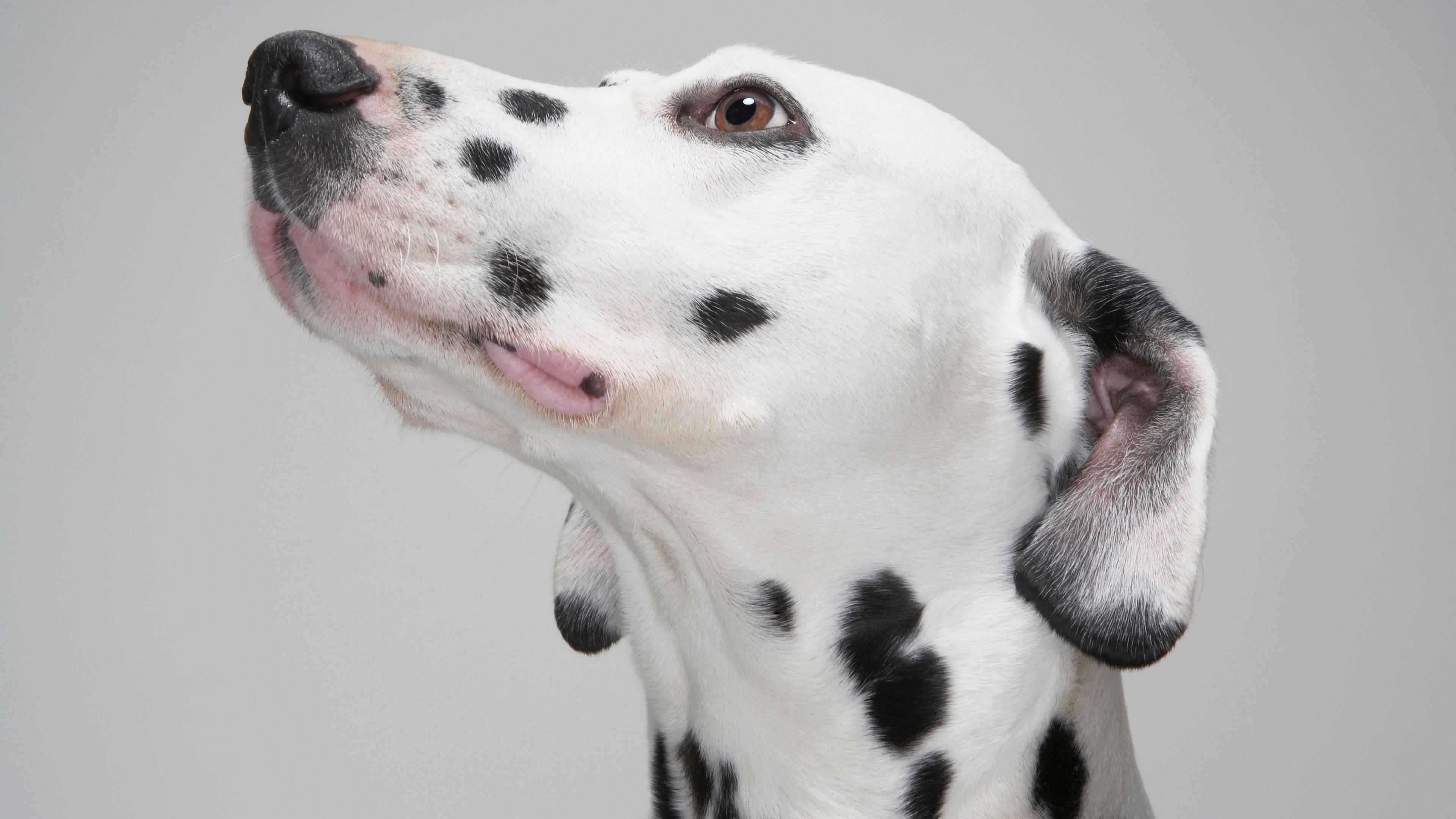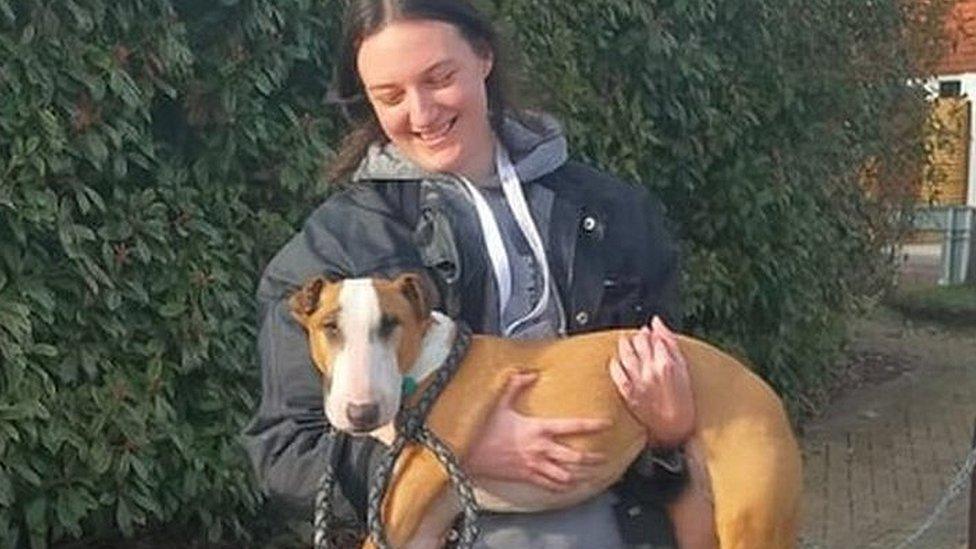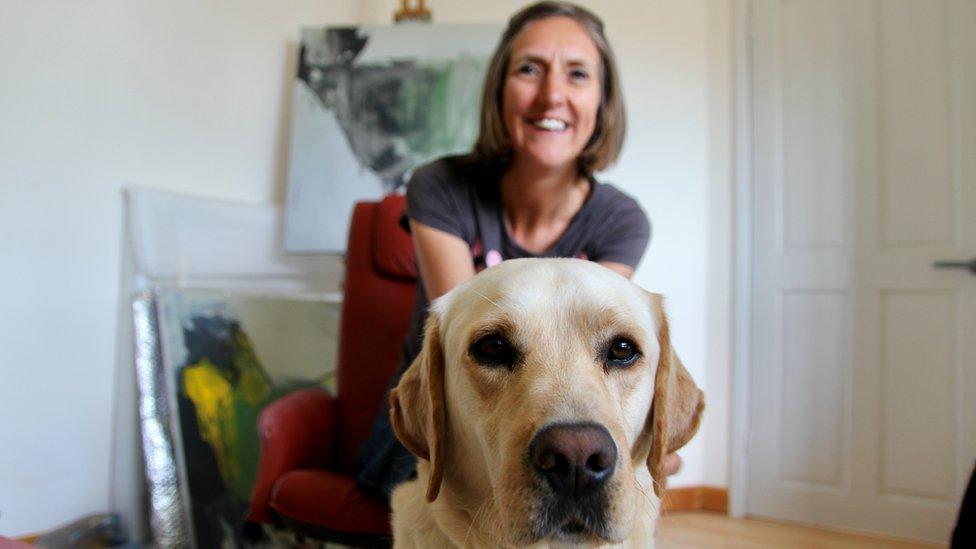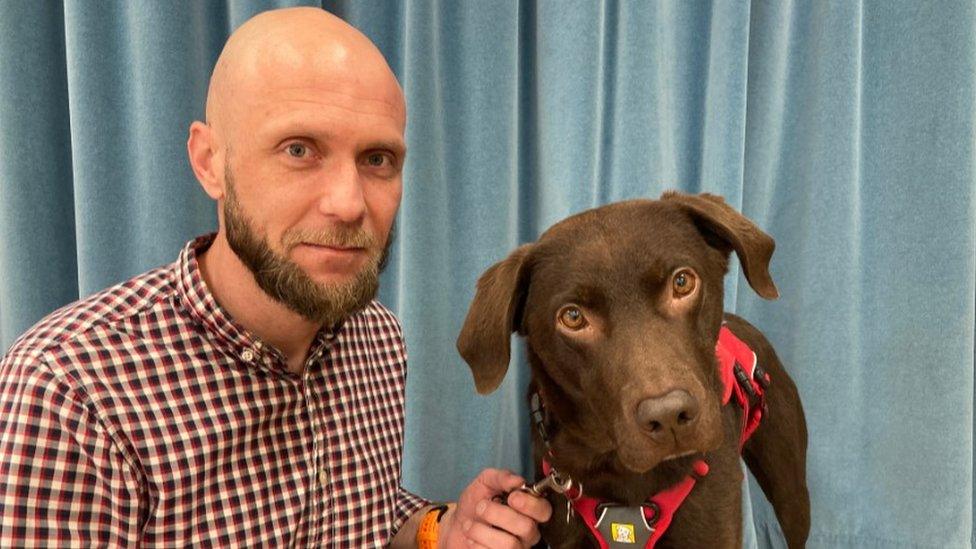Study to explore how dogs' spots link to diseases

Dalmatians are among the most recognisable dogs due to the breed's unique spotted pattern
- Published
Scientists are exploring how Dalmatians' spots could unlock answers about why mammals' develop certain diseases.
Dr Kit Yates, a researcher at the University of Bath, is part of the team conducting the four-year study into how coat pigment cells are formed and migrate as the embryo develops.
It is hoped the findings will enable "a better understanding of a range of diseases", shedding light on the relationship between the immune system and appearance.
“Studying Dalmatians has the potential to enhance our understanding of human genetics – both our evolution and our susceptibility to diseases," Dr Yates said.
The £498,000 study, entitled Spot the Difference, is a collaboration between scientists at the University of Bath and Lancaster University, with input from the Kennel Club.
Scientists hope to explain how "genes involved in pigmentation play a role in the early phases of all mammalian life, affecting both developing immune systems and behavioural traits that emerge later".
Dr Yates said their motivation lies in not only a "fundamental interest in animal pigment patterns", but the potential to uncover new information about the human species - through "genetics, evolution and our susceptibility to disease".

Dalmatian puppies are born with plain white coats, and their first spots usually appear within 10 days
"A fairly high proportion of Dalmatian dogs are cognitively deaf," he said.
"It's been estimated to be about 8% in both ears, and perhaps 22% in one ear.
"Deaf dogs can have a really difficult time in life, they can often be quite aggressive and pose a risk to their owners, so it's in everyone's best interest to try to understand what's causing it."
Dr Yates believes the deafness is directly linked to the breed's lack of melanocytes.
Pigment-producing cells, called melanocytes, migrate through the developing embryo and then they localise to different areas of the skin, explained Dr Yates.
"Melanocytes start at the back of the embryo and migrate outwards, around the embryo and developing skin, so there are things we can learn by studying their patterns, which might help with this health condition," he added.
Follow BBC Somerset on Facebook, external and X, external. Send your story ideas to us on email or via WhatsApp on 0800 313 4630.
- Published7 April 2024

- Published2 April 2024

- Published17 February 2024
